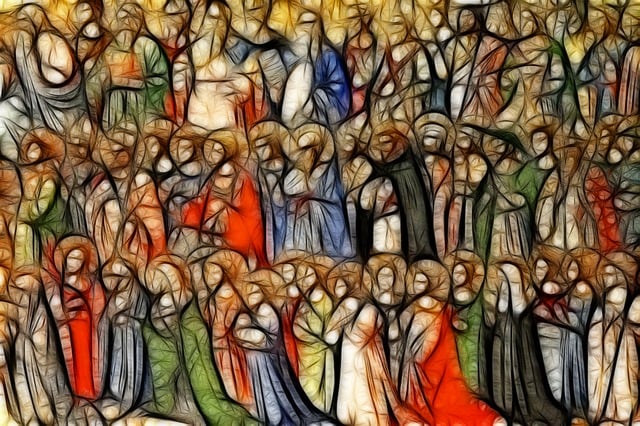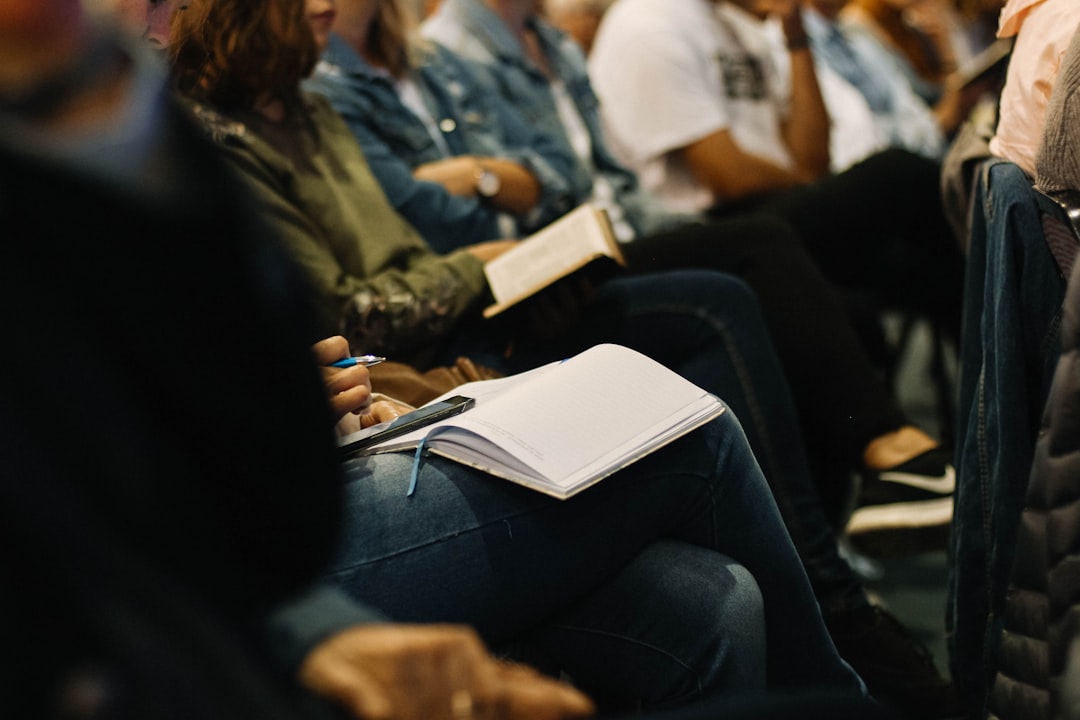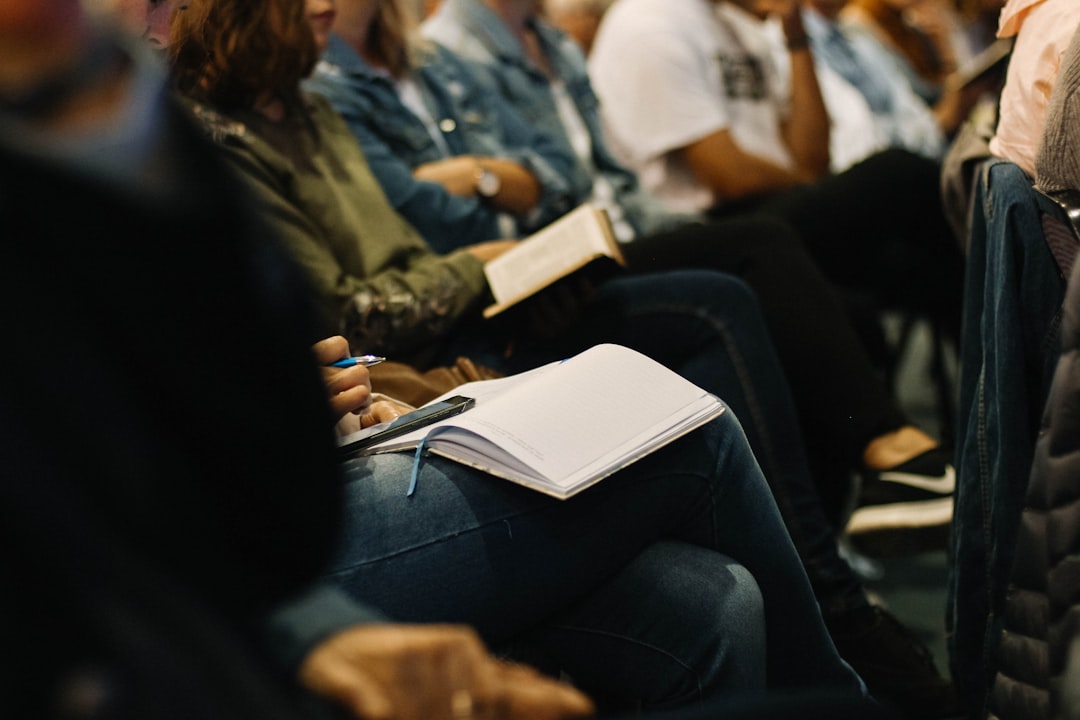In Maryland, particularly Baltimore, victims of sexual or physical abuse by clergy members have specialized legal support from clergy abuse lawyers who understand the unique dynamics and legal framework. With specific laws protecting victims and guiding civil lawsuits against religious institutions, resources like legal aid, support groups, and counseling services empower individuals to seek justice. When choosing clergy abuse lawyers in Baltimore, prioritize experts in church law with a history of handling sensitive cases, knowledge of state sexual misconduct laws, open communication, empathy, and client support. Referrals from trusted sources can guide you to professionals who understand both legal and emotional aspects of clergy abuse matters. Consulting experienced clergy abuse lawyers Baltimore MD is crucial for understanding rights and taking action through evidence gathering, consulting a specialist attorney, and potentially filing a claim or lawsuit.
If you or someone you know has been affected by clerical abuse in Baltimore, Maryland, understanding your rights and seeking justice is crucial. This comprehensive guide explores the legal landscape of clergy abuse cases in Maryland, offering insights into the rights and resources available to victims. We’ll also help you identify qualified clergy abuse lawyers in Baltimore, highlighting essential criteria for selection. Additionally, we provide a step-by-step guide to navigating the legal process for pursuing clerical abuse claims. Discover your options and take control of your healing journey with the assistance of experienced clergy abuse lawyers in Baltimore, MD.
Understanding Clergy Abuse Law in Maryland: Rights and Resources Available to Victims
In Maryland, clergy abuse is taken very seriously, and victims have specific legal rights and resources available to them. If you’ve been a victim of sexual or physical abuse by a member of the clergy in Baltimore MD, it’s crucial to understand your options. Clergy abuse lawyers in Baltimore MD specialize in navigating complex legal systems and advocating for victims’ rights. They can help you pursue justice, seek compensation for damages, and hold perpetrators accountable.
Maryland has specific statutes and guidelines regarding clergy abuse cases, ensuring victims receive fair treatment and support. These laws provide a framework for civil lawsuits against religious institutions and leaders who fail to protect their congregations from harm. Many resources are available to assist victims, including legal aid organizations, support groups, and counseling services tailored to help individuals heal from such traumatic experiences.
Identifying Qualified Clergy Abuse Lawyers in Baltimore: What to Look For
When seeking qualified clergy abuse lawyers in Baltimore, MD, it’s crucial to focus on professionals with extensive experience handling sensitive cases involving religious institutions. Look for attorneys who specialize in church law and have a proven track record of success in similar cases. Reputable law firms specializing in clergy abuse cases will have the expertise needed to navigate complex legal issues surrounding religious organizations.
Consider lawyers who are well-versed in state laws pertaining to sexual misconduct, as these regulations directly impact how such cases are prosecuted. Additionally, choose a lawyer or firm with a strong reputation for client communication and empathy, ensuring you feel heard and supported throughout the legal process. Referrals from trusted sources within the community or religious groups can be invaluable in identifying clergy abuse lawyers who understand both the legal and emotional complexities of these matters.
The Legal Process for Pursuing Clerical Abuse Claims: A Step-by-Step Guide for Baltimore Residents
When facing clerical abuse, seeking legal counsel from experienced clergy abuse lawyers Baltimore MD is a crucial step in understanding your rights and taking action. The legal process for pursuing such claims involves several steps to ensure a thorough investigation and fair representation.
Initially, victims should gather evidence, including documentation of the abuse, any relevant communications, and witness statements if available. Then, they should consult with a qualified attorney who specializes in clergy abuse cases. The lawyer will assess the facts, advise on legal options, and guide the client through each stage. This process typically includes filing a claim or lawsuit against the responsible parties, which may involve negotiations or, if necessary, litigation to secure justice and compensation for the victim.





